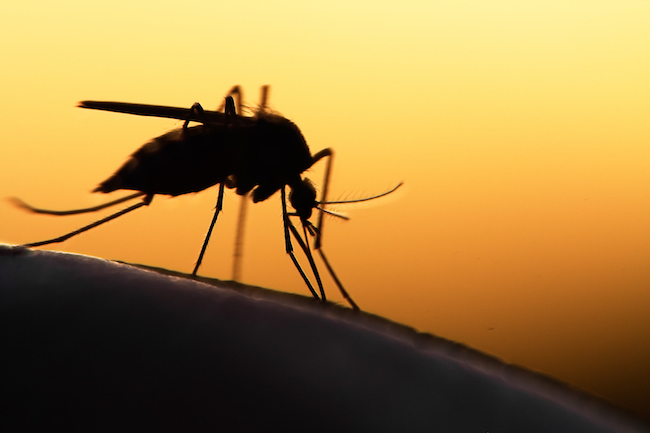On May 1, the EPA cleared the request to release genetically modified mosquitoes in the Florida Keys.
On June 17, Oxitec, the creator of these mosquitoes, received the state’s approval.
This is not science fiction! Genetically modified mosquitoes are a-go in the Florida Keys, a hotbed for the Aedes aegypti mosquito population, ground zero for potential mosquito-borne illnesses in the United States. The Aedes aegypti mosquito is the carrier of West Nile Virus, the most prevalent mosquito-borne disease in the country. Aside from West Nile, this nasty creature is responsible for other illnesses, such as Zika virus, chikungunya, and dengue fever. What are genetically modified mosquitoes exactly?

How might these GMO mosquitoes help?
Even though female mosquitoes are the ones, which pass potentially deadly diseases to humans, Oxitec did not produce a genetically-modified female mosquitoes. Male mosquitoes, which do not feed on blood, were their only focus. These GMO male Aedes aegypti mosquitoes will mate with females. The female eggs produced will not survive due to a special genetic mutation in the GMO mosquito. The males will become adults, a genetically-modified copy of their predecessor, and will continue the lineage of GMO male mosquitoes that do not hatch biting female mosquitoes. Oxitec hopes to follow the summer 2020 Florida Keys release with a summer 2021 release in Texas, as noted in the EPA’s approval announcement.
Some oppose these newfangled male mosquitoes. Why?
Conservationists oppose the release of these mosquitoes, stating that the EPA made a rash approval without knowing the true environmental impact, calling it a “Jurassic Park experiment.” Many fear the unknown consequences of genetically-engineered mosquitoes, and feel that residents will become live scientific experiments as the release takes place from 2020 through 2022. Will there be some adverse human effect that we have not thought of or had the chance to analyze? Will these male mosquitoes become human biters? Oxitec released these mosquitoes in Brazil in 2019, with a maximum suppression rate of 96% in one community.

In answer, the EPA released their own risk assessment after federal and state regulators carried out their own scientific review. The EPA’s concluded that these mosquitoes do not pose a threat to humans or the environment. To-date, more than 230,000 people have signed a petition to stop the release.
There are no genetically-engineered mosquitoes in Central Mass.
While the results of this new development in genetically-engineered Aedes aegypti mosquitoes remain to be seen, there is one surefire method of protection for your Central Mass home and family. Hire a reputable mosquito control company to protect your yard with periodic EPA-registered or all-natural mosquito barrier protection sprays all spring, summer, and fall. These methods are the best bet for protecting your family in Central Massachusetts from biting mosquitoes and the harmful diseases they spread.
